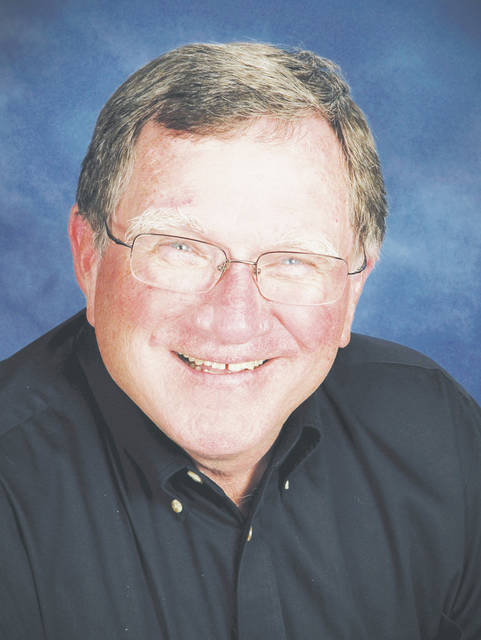
Science has made many breakthroughs in predicting violent weather.
Meteorologists have new tools at their disposal that help them see into the clouds to determine when and where a violent tornado might develop. Our warning systems have evolved from simple tornado sirens that help alert some people … but, not all. We now have alerts and warnings that come over our televisions, telephones and radios. They flash vital information about what might happen in our neighborhoods.
They can now be very specific about where the tornado will strike. We might not have a lot of time to respond, but we have time.
Power might be out for hours, days or weeks following a major storm, but we are not powerless in predicting what might happen and where the storm will likely strike.
I wish we could be as prepared to respond to workplace violence and mass shootings. I wish science could make breakthroughs in predicting when and where mass violence might happen.
What we do know is often very fragmented and comes only after the event occurs.
He was impatient.
He occasionally snapped at people he hardly knew.
He didn’t give in fully to road rage, but he often cussed and flipped-off other drivers.
He insists he is always right, and he would get upset whenever someone questions him.
Despite his quirks and odd behavior, no one thought his behavior was drastically different than anyone else’s. No one ever imagined that he would take a gun to work and start killing people, but he did.
He might not have been overly friendly; he may never have been selected as employee of the month, but no one ever thought this would happen. No one would have guessed that he needed mental health counseling.
There are even times, like the recent shooting in Virginia Beach, where co-workers say there were absolutely no warning signs. The shooter simply resigned earlier in the day. Then, he went on a shooting rampage. People say they liked him. They say he was a pleasant person.
So, what happened?
It would appear we have no answers. We are powerless to predict when and where the next act of mass violence will happen. Schools and colleges have been targeted.
Churches, shopping malls, concerts, nightclubs, restaurants, theaters, workplaces and communities from one end of the county to the other have been stricken with the overwhelming fog of grief that follows senseless, mass violence.
Every incident and every shooter have been investigated. Sometimes there are answers, but rarely do the answers make sense. Often, there is a sense of unreasonable, yet overwhelming anger or hatred that sparks the violent act that results in the death of innocent people.
Sometimes, the violence seems completely senseless.
We appear to be powerless to predict or prevent the mass violence that racks our communities.
Following each tragic event, there is a renewed cry for legislation to control the availability of guns. Predictably, there is a huge divide between those who staunchly support the right to own any type of firearm they might want. There are others who want all guns banned.
Between these two extremes are a large range of views and opinions about gun control and how gun regulations might prevent mass violence.
Many people are convinced that comprehensive gun regulations are not the answer.
The answer might involve focusing on the shooter; not the weapon.
Nearly every person who commits a mass shooting has been found to have serious mental disorders. Many mass shooters are killed by the police, or by themselves, before they can be interviewed, examined or diagnosed.
Many shooters leave clues and evidence that point directly to severe, untreated mental health issues that played a major role in the violence. Some are killed or die taking their demons to the grave with them.
Are we powerless to identify and help people who are in crisis and end up focusing their anger on others? It seems that we indeed are powerless to stop mass violence by getting help to the shooter before they carry out their deadly acts.
Mental health facilities and mental health specialist are available throughout the nation, but mass violence is still happening.
Are we powerless? No, we are never powerless.
All of us, scientist, legislators, communities, mental health professionals and citizens must work with each other to find solutions.
We must never accept mass violence as, “Well, this is just the way life is.”
We must work together. We must support each other. We must never give up.
Randy Riley is former Mayor of Wilmington and former Clinton County Commissioner.


